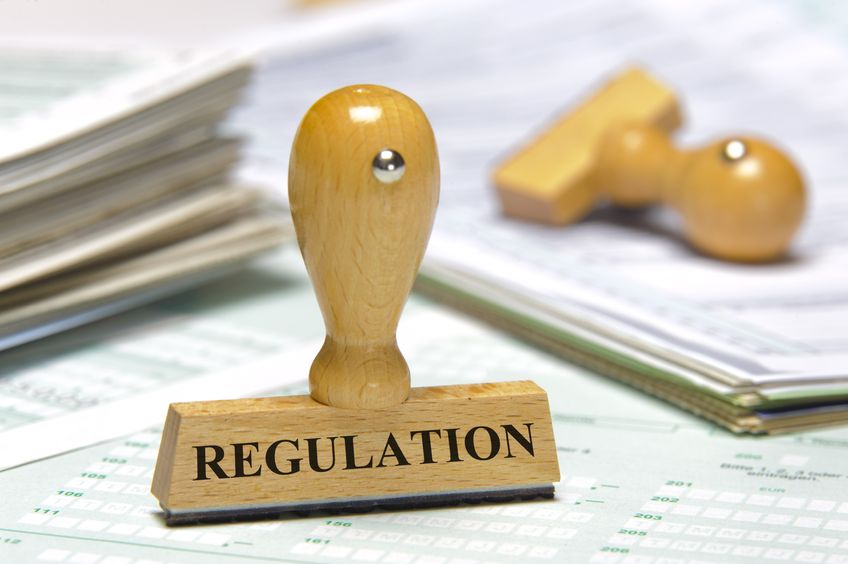Insurance
In the 2nd century BC, Babylonian traders developed a system whereby a merchant would pay a lender an additional sum in exchange for a guarantee to cancel the loan should the shipment be stolen or lost at sea.
This is said to be one of the first cases of insurance in the monetary economy. Nowadays, insurance is much more developed, but its purpose and philosophy remains to provide financial protection against unforeseen incidents. On its own, prudent financial planning cannot cover all of the risks that you and your family may encounter. Therefore insurance plays an important role in transferring this risk to an insurance provider in exchange for a premium.
There is an expanding range of insurance products in the market, generally involving the policyholder paying an agreed premium to insure either a person or an asset, e.g. a property or car.
You may need insurance for many reasons, including looking after your dependents in the event of your death, securing your ability to earn an income, protecting your home, car, or other assets in case of theft or disaster.
Regardless of your reason for taking out an insurance policy, it's important that you determine sensibly what type of insurance can cover your needs then shop around and compare what is available before you choose the most appropriate insurance policy. Make sure you understand the policy terms and scope of coverage.
You should also note that it's your contractual obligation to disclose truthful and accurate details to the insurer when requested. If you don't, your policy may be terminated, or any future claim could be rejected.
Policyholders of new life insurance policies are given a cooling-off period of 21 days to review the terms and conditions of the products they have signed for. Make full use of this period to carefully consider again whether the policy you chose is the one that best suits your needs.








